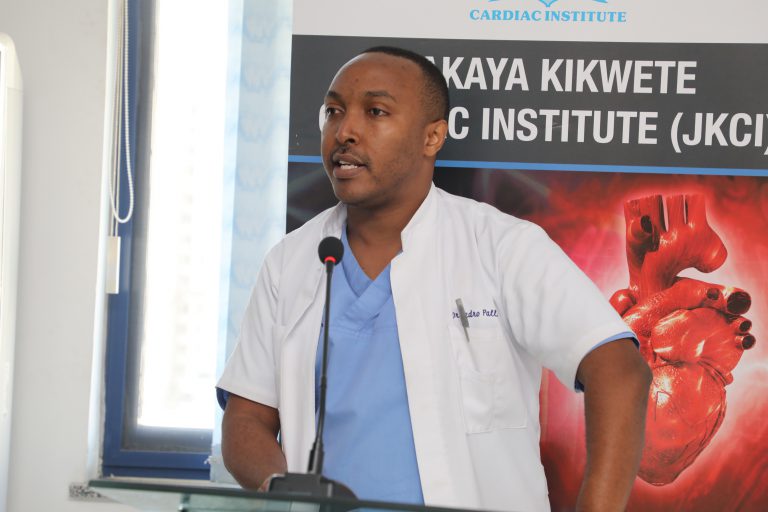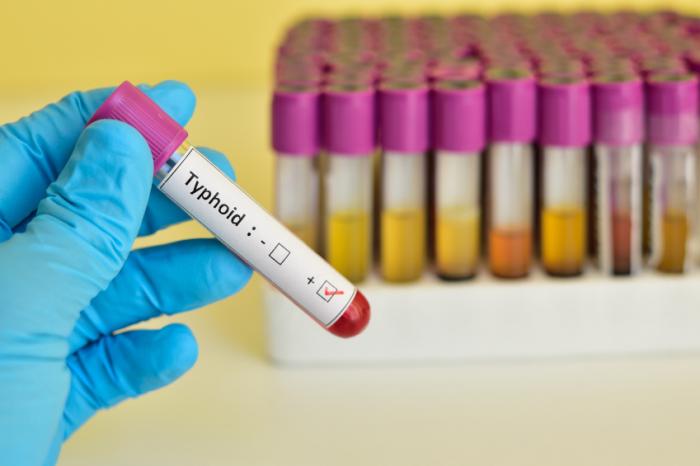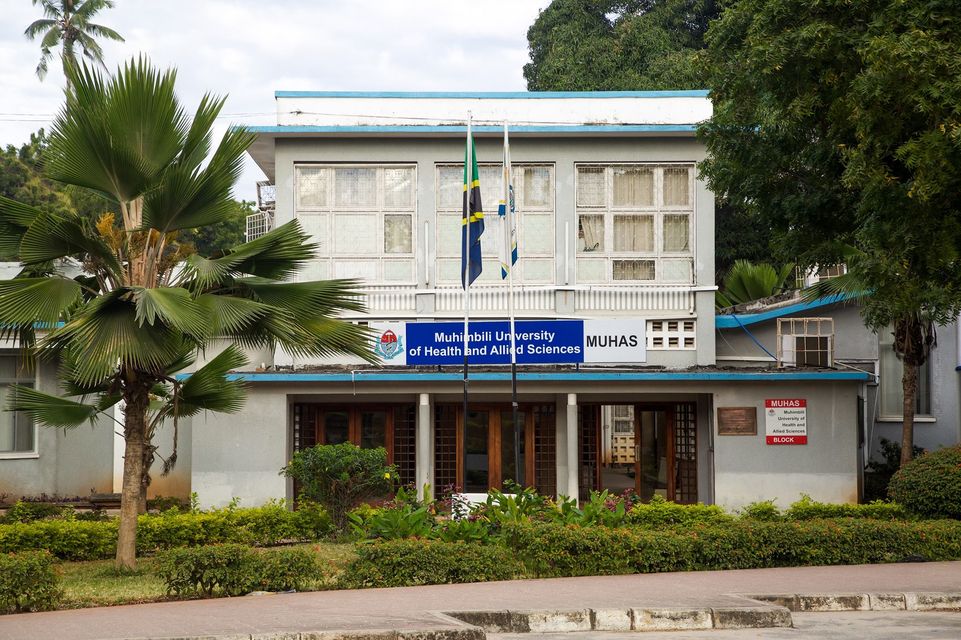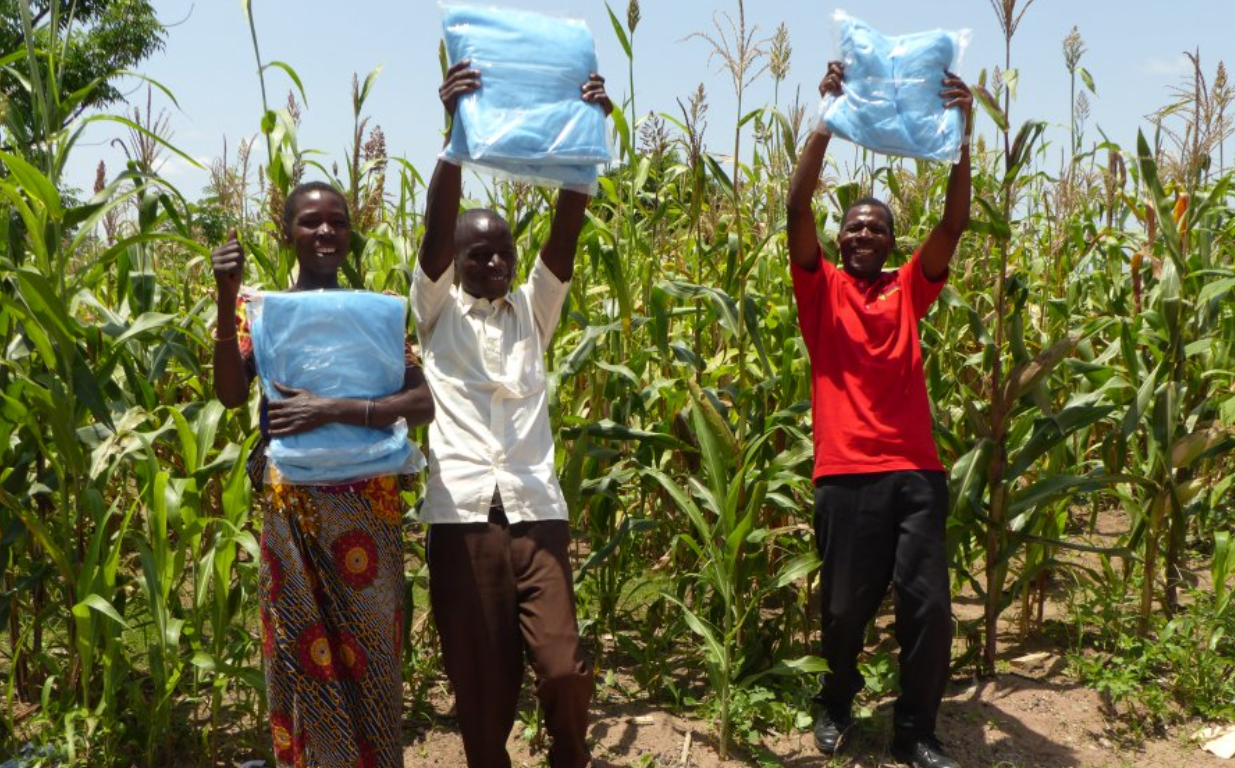- Fresh concerns over Tanzania’s capacity to support own COVID-19 research
- Family of former PM raises Sh100million amid calls for more funding
- Companies have moral duty to protect health, says one of top scientists
Tanzanian scientists have called on local sponsors and corporations to invest in COVID-19 research, after the family of ex-Prime Minister, Dr Salim Ahmed Salim, teamed up with the country’s top medical university to support new studies on the pandemic.
The family of Dr Salim Ahmed Salim committed a Sh100million seed-fund to support COVID-19 research as a memorial to the former leader’s wife Amne Salim who died of COVID-19 on October 20th last year as the world battled the pandemic.
The fund, which was unveiled last week (October 20) at Muhimbili University of Health and Allied Sciences (MUHAS), comes at a time of great need for the country that is struggling to raise domestic funds to support COVID-19 research.
“There is no better time for philanthropists and business companies to contribute to medical science and save lives than this time of the pandemic,” said Dr Hadija Malima, a researcher who chairs the National Health Research Ethics Review Committee (NHRRC).
“The fact that we have a family that believes the pandemic can better be controlled if there is enough scientific evidence should be a wakeup call to potential investors,’’ Malima told MedicoPRESS.
She called the fund “unique, no matter how small it is” and highlighted the urgent need for scientific evidence on how the pandemic has affected the Tanzanian population.
Until 26 October 2021, there were 26,115 confirmed cases of COVID-19 and 725 deaths reported in Tanzania. More than 885,579 vaccines had been administered, according to a report submitted to World Health Organisation.
However, the country has only just started researching on COVID-19 in recent months after almost a year of denial, under the administration of the late President John Magufuli, who encouraged faith healing and traditional medicine over scientific approaches.
At present, Tanzania relies on international funding for over half of its research expenditure, according to the Strengthening Research Institutions in Africa report.
However, with the country’s major research financiers including the United States and United Kingdom currently busy working to resuscitate their pandemic-hit economies, there are fresh concerns over Tanzania’s capacity to support its own COVID-19 research.
Director of research and publications at MUHAS, Dr Bruno Sunguya, said philanthropists, local investors and companies should feel that they have “the moral duty to protect the health of all Tanzanians in the pandemic.”
“COVID-19 complications are an additional burden to a population that is already affected by non-communicable diseases. This also has a huge impact on productivity of workers in those companies,’ said Dr Sunguya, suggesting that the Sh100 million seed fund raised by Dr Salim Ahmed Salim’s family should be seen as a “stepping stone” in the efforts to support local research on the pandemic.
“We have more millions of US dollars for various research projects in our university but this 100million shillings for COVID-19 is so special to us. It’s not about the amount. It’s about the pandemic situation we are in, and what this fund, and more initiatives like this can do to rescue the situation,” he told MedicoPRESS.
“There are many researchers who have shown interest in applying for this fund,’’ said Dr Sunguya, highlighting a call for applications on the university’s website which indicates that “the fund will support clinical, biomedical sciences, and behavioural sciences, and other research areas on COVID-19 in Tanzania.”
Amne Salim was an active supporter of Africa’s liberation struggles and wife of Dr Salim, the retired Tanzanian leader and former secretary general of the Organisation of African Unity (OAU).
Their son, Ahmed Salim, said “We hope that the Amne Salim Fund will serve as catalyst to promote scientific research into COVID-19 here in Tanzania.”
“The pandemic has impacted many families in Tanzania, and we have witnessed in real time how the disease has evolved. Scientific research will be a critical component in understanding the disease but also equipping all of us as a society in how best to deal with it and protect our family and communities,’’ said Ahmed, who represented the family at the launching ceremony.
During the event, the MUHAS Vice Chancellor Professor Andrea Pembe said, “By empowering scientists in Tanzania to conduct research on COVID-19, we will unearth the magnitude, determinants, impact and dynamics to both individuals and communities.”









